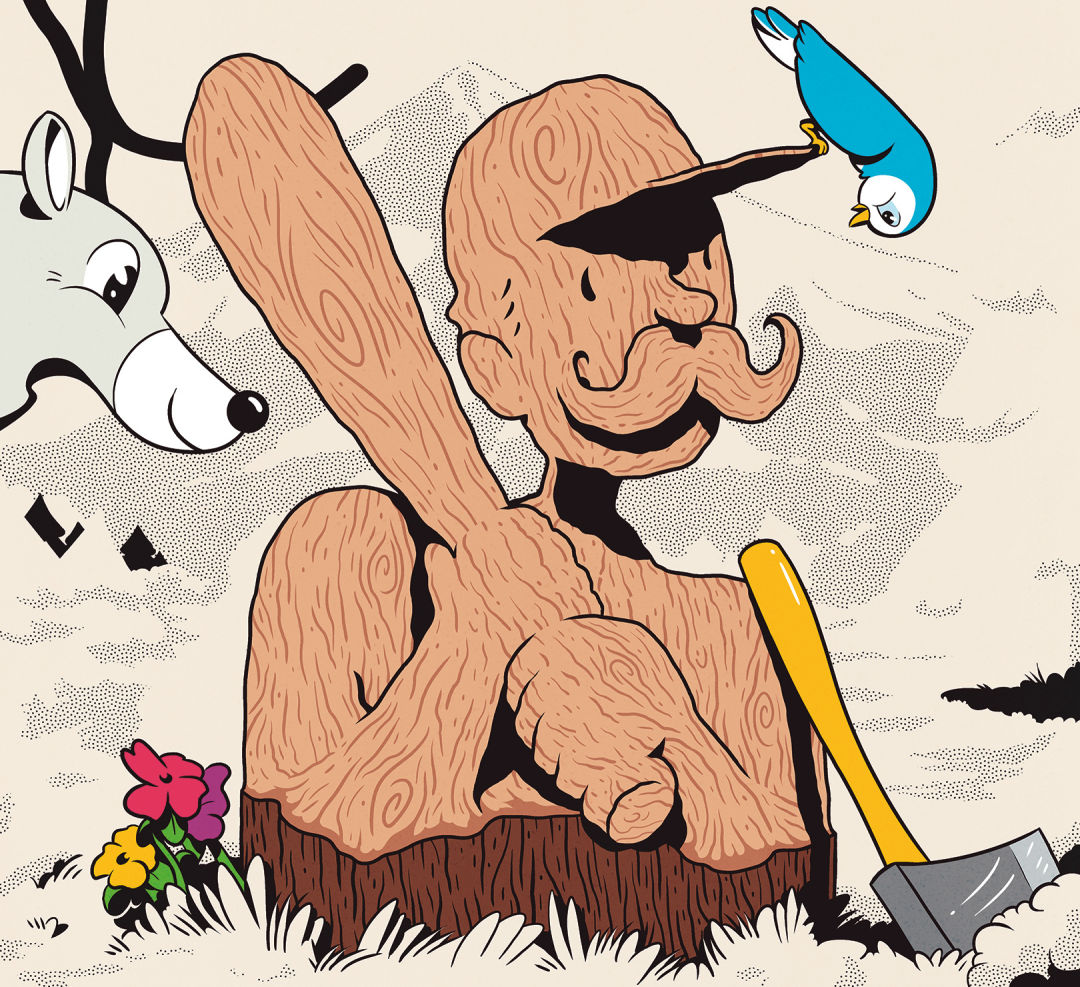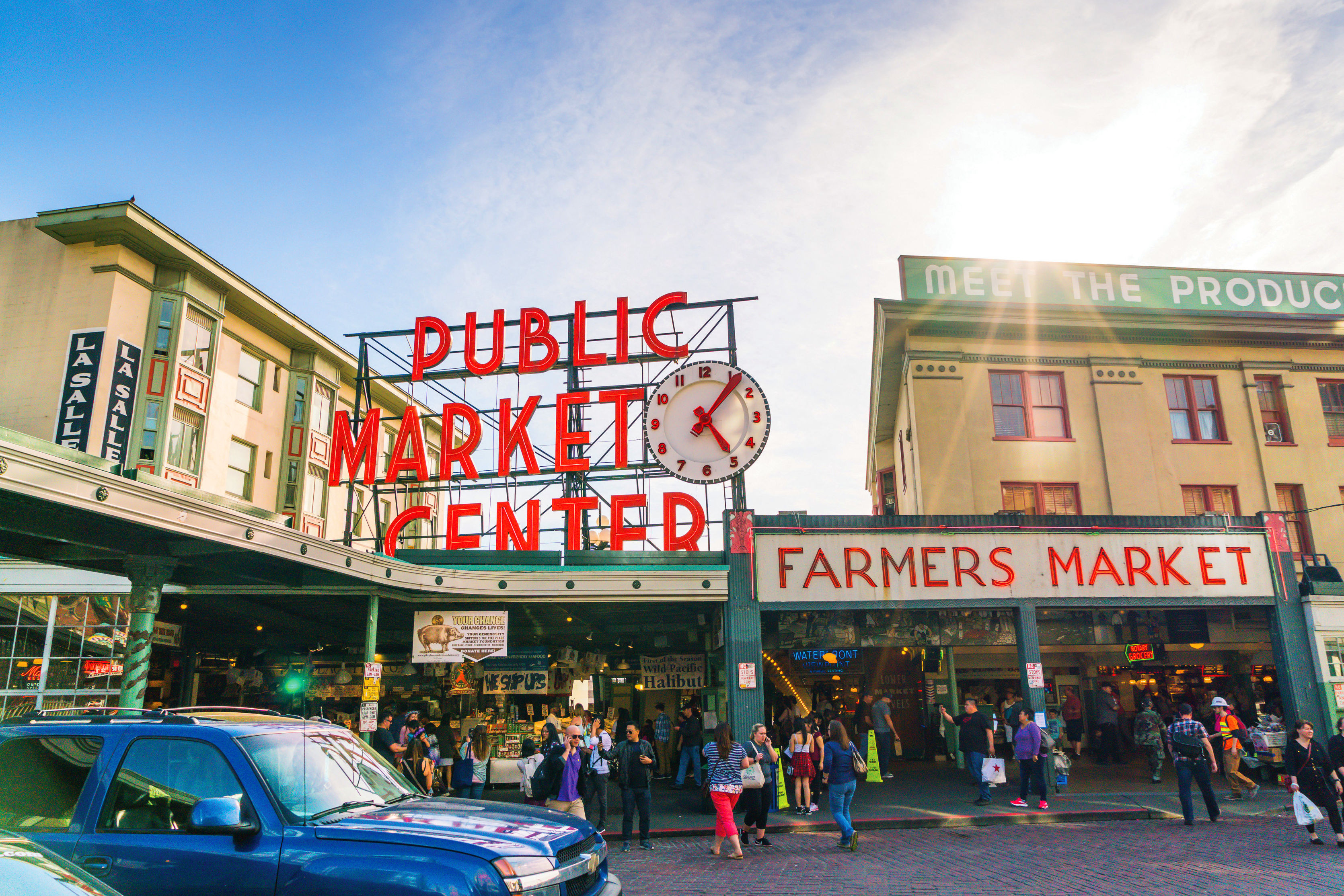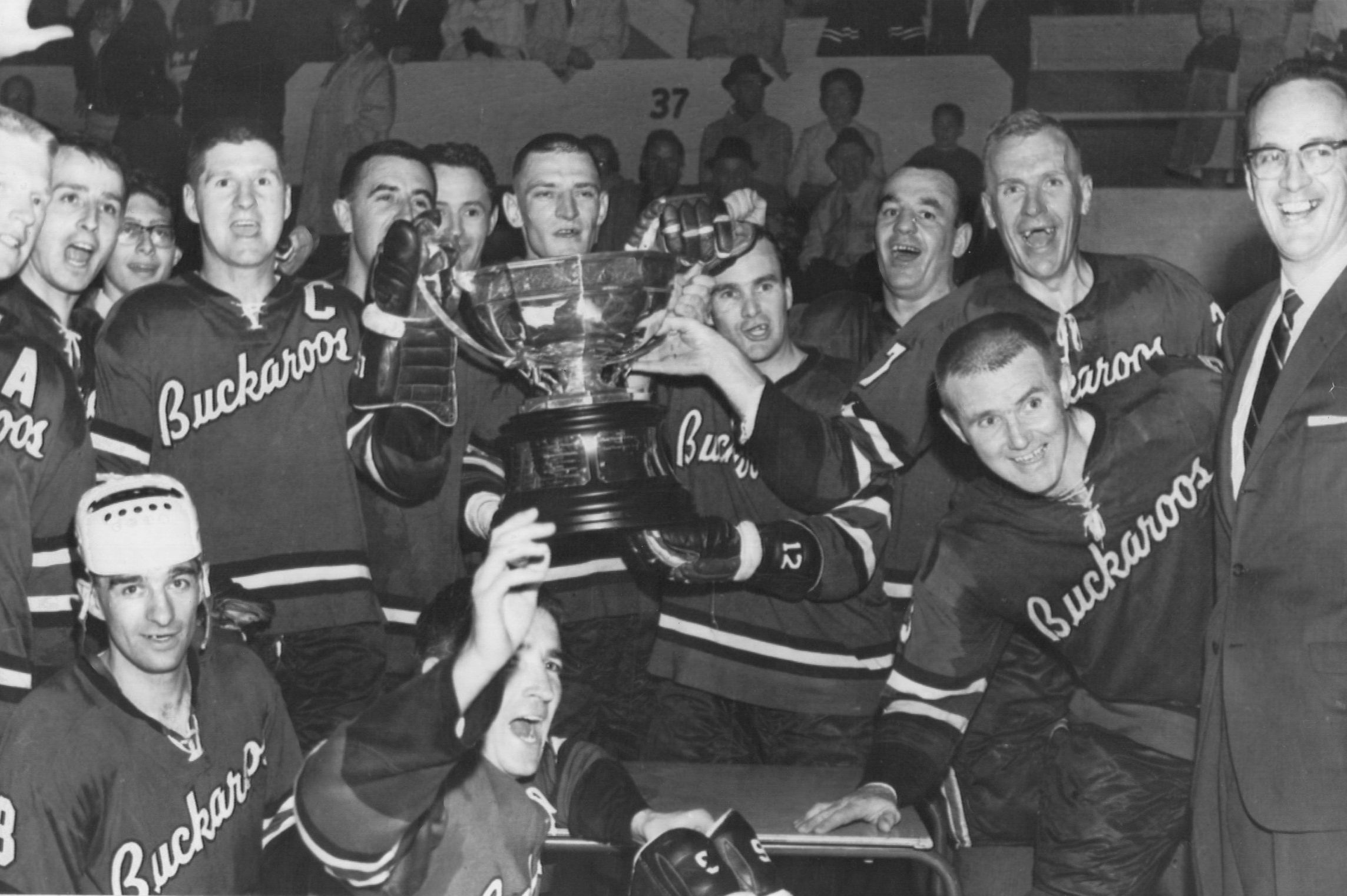Remembering Jiggs Parrott, Oregon's First Major League Baseball Player

Image: Ryan Snook
"Jiggs was signed by Anson the Great,” enthused the sports page, “and the fame of his third base spread throughout all the borders of America.” So, it was 1890: they spoke of baseball differently then, but the pride of seeing a hometown boy make the Show resonated then as it does now. And W. E. “Jiggs” Parrott, scion of one of the state’s earliest covered-wagon emigrant clans, had achieved a milestone, becoming the first Oregonian to play Major League Baseball.
His father ran a music store and was the leader of a brass band. Born July 14, 1871, and one of eight little Parrotts, wee Walter Edward earned the lifelong nickname “Jiggs” as a member of the family band. (One writer recalled his free-wheelin’ attitude as he “led the Parrott band barefooted and with a hole in his straw hat.”) But 19th-century Portland’s open spaces provided the stage for a more lasting passion. Jiggs and his older brother Tom—third baseman and pitcher, respectively—became the star duo of the East Portland Willamettes. When the team rolled through 1888 undefeated, the Parrott clan boastfully challenged any family in America to a game.
After Jiggs spent two years with the Portland Webfeet, the Bigs came calling. He caught the attention of Cap Anson, a legendary player/manager of the Chicago Colts (later, the Cubs), who quickly installed the lanky Oregonian on his team.
But success would not last. After three steady years in Chicago, the Colts relegated our Jiggsy to a backup utility infielder as his health diminished. Soon, the diagnosis: consumption, otherwise known as tuberculosis. He continued to gamely fight on over the next two years in the minors before returning home. Suffering in an acute stage of the disease, Jiggs traveled to the New Mexico and Arizona Territories, hoping a drier climate would improve his condition. It didn’t. On April 14, 1898, Jiggs Parrott died in Phoenix at 26; his remains were shipped by train back to Portland.
“The funeral ... was the largest private funeral that has occurred on the East side for many years,” reported the Morning Oregonian days later. A large band of local musicians played all day, and more than 500 mourners attended the burial at Lone Fir, where several of his former teammates served as pallbearers.
Despite its steady risk of rainouts, Portland has seen its share of other big leaguers over the years, like Jefferson High’s Joe “Flash” Gordon, who debuted with the Yankees in 1938, and Tigers 1968 World Series hero Mickey Lolich, who went to Lincoln. If we land a team (as some dream), maybe we’ll become a breeding ground of diamond dogs. But Jiggs will always own the most coveted stat in this stat-obsessed sport: he was no. 1.




